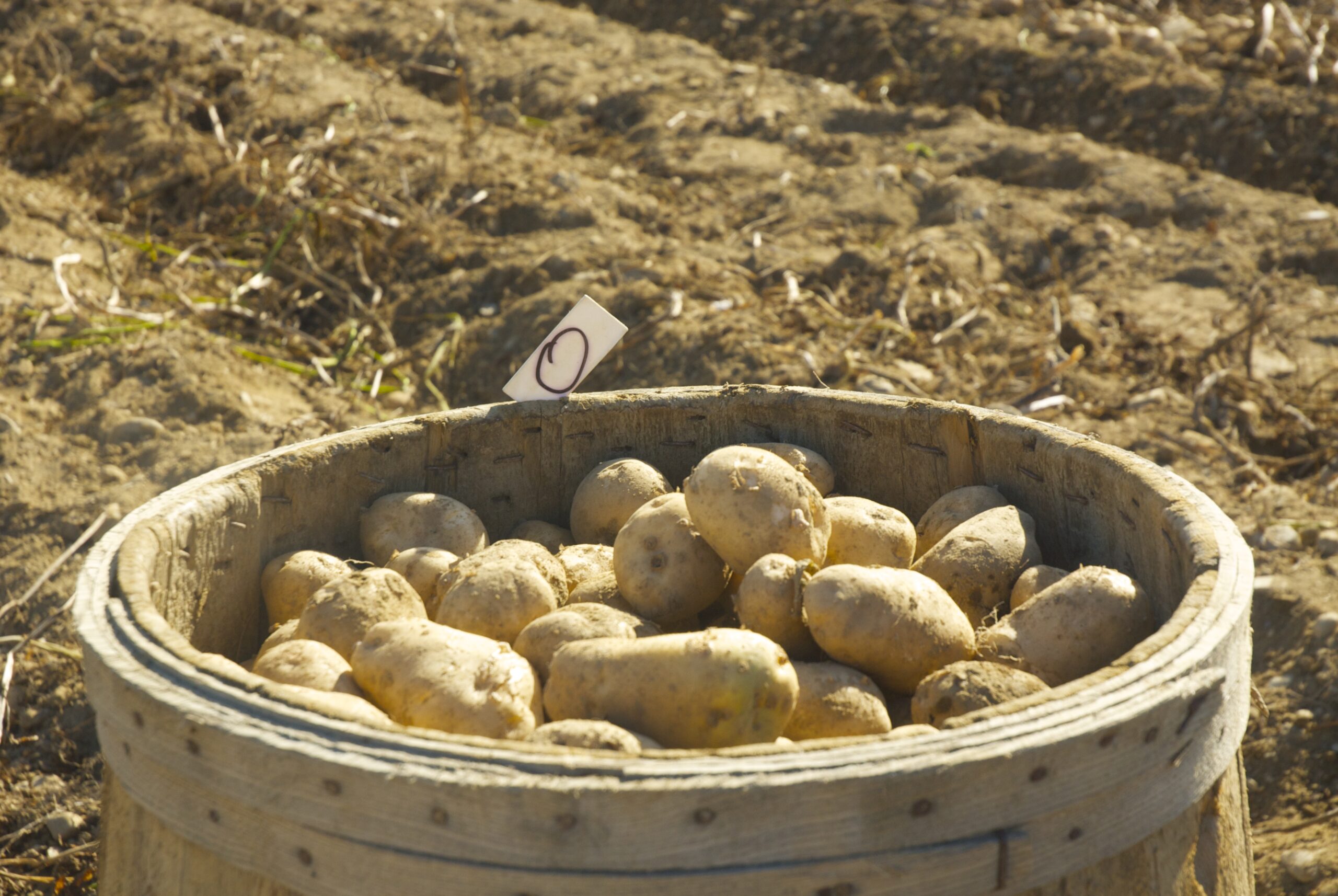
PRESQUE ISLE, Maine — Officials with the Maine Potato Board are “not surprised” at a decision that resulted in the failure of the massive $867 billion farm bill in the U.S. House last month.
The House version of the 2019-2023 Agriculture Improvement Act died on May 18, defeated by a final vote of 213-198. The initiative covers everything from farm subsidies and food stamps to trade and rural development policy. The bill would have set the rules and practices for agriculture in the United States for the next five years.
Don Flannery, executive director of the Maine Potato Board, said recently that while the board has been watching the bill closely, it hasn’t been too heavily focused on it because “agriculture is a small part of the bill.”
“The Senate is still working on their version of the bill, so we are watching that,” he said. “There are so many people who want things put into the bill and taken out of the bill. There is nothing in there that is too worrisome to us, but it is getting to the point now that it is early June and somewhat late in Washington, D.C., terms as far as getting this in place before the current bill ends in September. But again, I think the Senate will come up with their own version.”
The failed bill, which was supported by President Donald Trump and House leaders, would have imposed broader work requirements on food stamp recipients. All 183 House Democrats voted against its passage, citing a requirement that would have imposed tougher work requirements for recipients of the Supplemental Nutrition Assistance Program, or SNAP.
The draft farm bill being considered by the Senate Agriculture Committee doesn’t include those tougher work requirements for SNAP participants, but keeps intact those that now exist in statute. Debate could continue all summer and through the Sept. 30 expiration date of the current farm bill.
Congress also failed to pass a farm bill on schedule in 2012, prompting lawmakers to extend provisions of the 2008 version of the bill. The current law, which was passed in 2014, is projected to cost $455 billion by its scheduled expiration.
According to the Congressional Budget Office, the farm bill under consideration will cost $867 billion over the next 10 years.
Flannery said he felt it was important that growers not see a lot of changes to programs that already exist under the bill.
“We don’t want to lose programs and we don’t want to see substantial funding cuts to agriculture,” he said. “Every grower is invested in some part of the bill. Some see risk management as more important than conservation programs, for instance, and want the funding kept for that initiative. So we are kind of in a waiting game here.”







